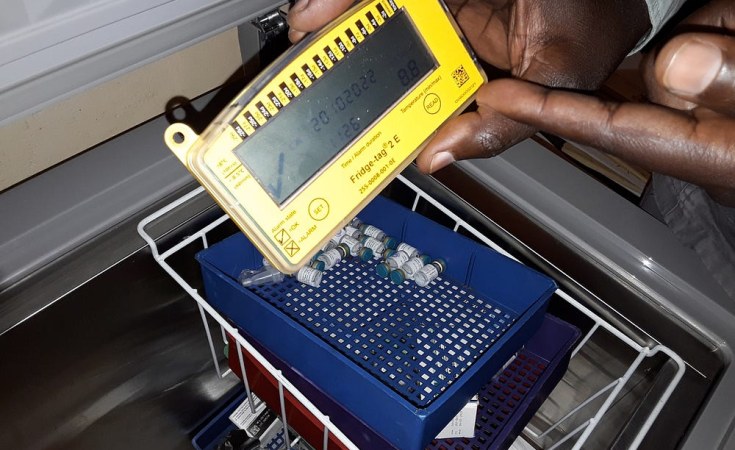Nairobi — Administering preventive tuberculosis (TB) treatment to contacts of infected people could significantly cut deaths, and save money, researchers say.
Despite being preventable and curable, TB is the world's second leading infectious disease cause of death after COVID-19.
"Tuberculosis remains the world's deadliest infectious disease, despite being preventable and curable," Gavin Churchyard, the study's co-author and chief executive of the Aurum Institute, told SciDev.Net.
Theresa Ryckman, the study's lead author and postdoctoral research fellow at the Center for Tuberculosis Research, Johns Hopkins University School of Medicine, says that when people are diagnosed with TB, their household contacts have a high chance of having the disease as well.
Cost effective
This, she says, implies that household contacts for TB should be tested and either treated, or given preventative medicines, as the disease remains a leading cause of mortality in Sub-Saharan Africa.
"We don't do a good job of this - especially for older children and adults - even though the UN and WHO have set this as a high-priority activity," Ryckman tells SciDev.Net.
"Part of the reason for this is that some people think testing and treating household contacts is too expensive," she says. "We wanted to show that these activities are cost-effective, so that hopefully more governments will prioritise them."
"Approximately half of families affected by TB face catastrophic costs, meaning they spend 20 per cent or more of the annual pre-TB household income on TB management."Limakatso Lebina, clinical trials unit lead, Africa Health Research Institute
The researchers of the study, published in the Lancet Global Health journal last month (18 July), developed a computer-based model using data from past studies and WHO databases to estimate what would happen to household contacts if they were treated preventatively.
They found preventive treatment would significantly cut deaths, particularly, deaths of children. They study found that if TPT and contact investigation are scaled up for the household contacts and people living with HIV/AIDS, nearly 850,000 TB deaths could be prevented, 700,000 of which would be children aged 15 years and younger.
The study analysed TB deaths and of treatment - including the cost of treating TB in people who didn't get tested - in 29 countries including African countries such as Burundi, Democratic Republic of Congo, Ethiopia, Ghana, Kenya, Liberia, Lesotho, Mozambique, Malawi, Namibia, Rwanda, Somalia, Eswatini, Tanzania, Uganda, South Africa, Zambia and Zimbabwe.
For every 100 households in the countries modelled in the study, seven contacts were expected to develop TB without TB preventive treatment or contact tracing.
Also, when preventive treatment was incorporated in existing contact investigation programmes, cost of treatment significantly reduced for children younger than 15 years.
"Since all of these countries have scaled up preventive treatment in people with HIV, it would therefore make sense for them to do the same for household contacts," Ryckman tells SciDev.Net.
She pointed out that doing this could be expensive on a country-wide level, making up a large share of TB budget in low resource countries.
"We hope that these findings can motivate external donors to prioritise TB testing, treatment, and prevention among household contacts," said Ryckman.
Limakatso Lebina, clinical trials unit lead at South Africa-based Africa Health Research Institute, tells SciDev.Net that the study is crucial as it shows TB preventive treatment as not just a useful biomedical intervention, but also as a cost-cutting initiative.
"Approximately half of families affected by TB face catastrophic costs, meaning they spend 20 per cent or more of the annual pre-TB household income on TB management," said Lebina.
Despite preventative TB treatment being effective in reducing risk, Lebina says its uptake has been very low, with only three per cent of household TB contacts having received it.
"All health systems need to do more to increase the uptake," says Lebina. "This may include community awareness, enhancing the healthcare workers' knowledge and ensuring adequate stock."
She urges African countries to increase funding to TB programs to reverse the impact of COVID-19, while calling for change in the health systems that increase focus on active TB case finding with systematic screening and more community-based programs.
"If the costs to patients to access TB services are high, especially diagnosis, we will continue to have many people with undiagnosed infectious TB in our communities," says Lebina. "Ending TB strategies need to focus on cost-cutting initiatives and socioeconomic support for those affected by TB."
This piece was produced by SciDev.Net's Sub-Saharan Africa English desk.


